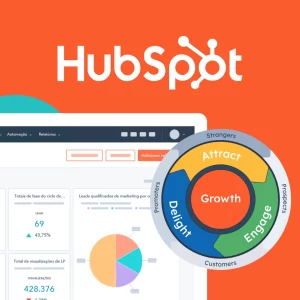
Artificial Intelligence Shaping Our Future
Artificial Intelligence (AI) has rapidly evolved from a concept in science fiction to a transformative technology reshaping industries and society. At its core, AI refers to the development of intelligent agents, systems that can reason, learn, and act autonomously.
Types of AI
AI can be broadly categorized into two types:
- Narrow AI: This type of AI is designed to excel at a specific task, such as playing chess, recognizing images, or translating languages.
- General AI: Also known as strong AI, this refers to a hypothetical AI that possesses human-level intelligence and can perform any intellectual task that a human can.
Applications of AI
AI is being integrated into various aspects of our lives, from healthcare to transportation. Some notable applications include:
- Natural Language Processing: AI enables machines to understand and respond to human language, leading to advancements in speech recognition, machine translation, and chatbots.
- Computer Vision: AI algorithms allow computers to interpret and understand visual information, enabling applications like facial recognition, image classification, and autonomous vehicles.
- Recommendation Systems: AI-powered recommendation systems personalize content and products for users, enhancing user experience and driving sales.
- Healthcare: AI is being used to analyze medical images, diagnose diseases, and develop personalized treatment plans.
- Finance: AI is used for fraud detection, algorithmic trading, and risk assessment.
- Customer Service: AI-powered chatbots and virtual assistants provide customer support and answer queries.
Ethical Considerations
The rapid development of AI raises important ethical questions, including:
- Bias: AI systems can perpetuate biases present in the data they are trained on, leading to discriminatory outcomes.
- Job Displacement: As AI automates tasks, there is a concern about job displacement and economic inequality.
- Autonomous Weapons: The development of autonomous weapons raises ethical concerns about the potential for unintended consequences and the loss of human control.
The Future of AI
AI is a rapidly evolving field with immense potential. As AI continues to advance, we can expect to see even more innovative applications and transformative changes in various industries. However, it is crucial to address the ethical challenges associated with AI to ensure its development and use benefits society as a whole.





